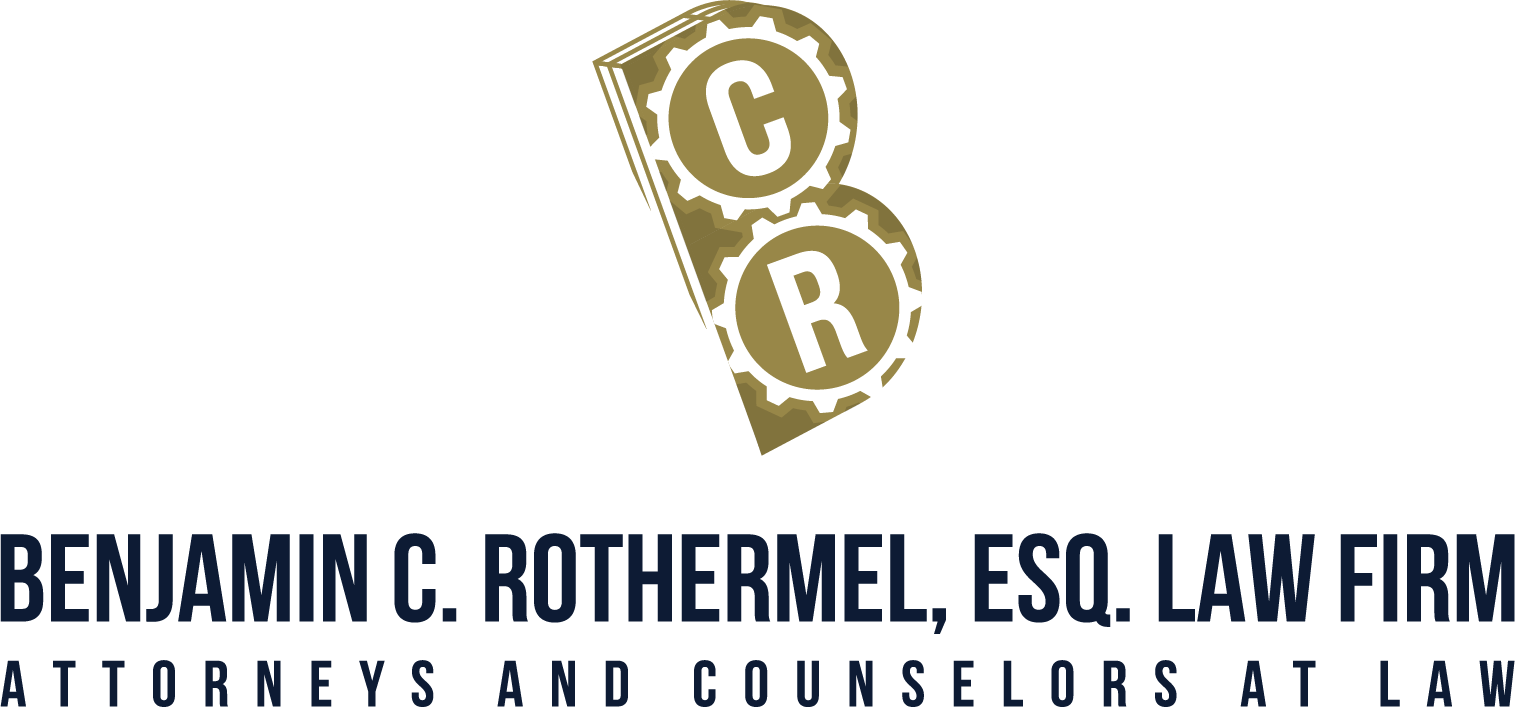Free IP Consultation Explained – What to Expect at BCRFirm
Hi. Do you need any help?
Privacy Policy
| Do Not Share My Information
| Conditions of Use
| Notice and Take Down Policy
| Website Accessibility Policy
© 2026
The content on this website is owned by us and our licensors. Do not copy any content (including images) without our consent.


Share On: